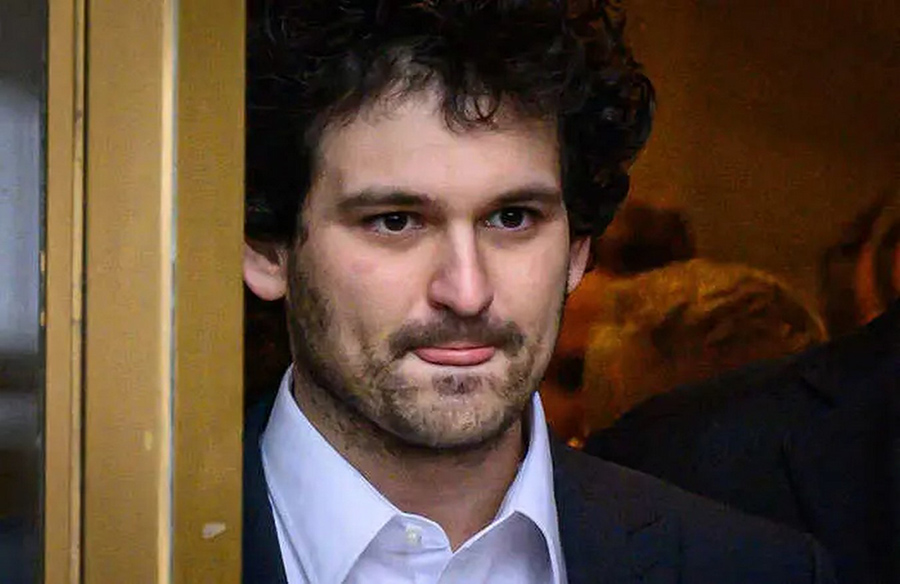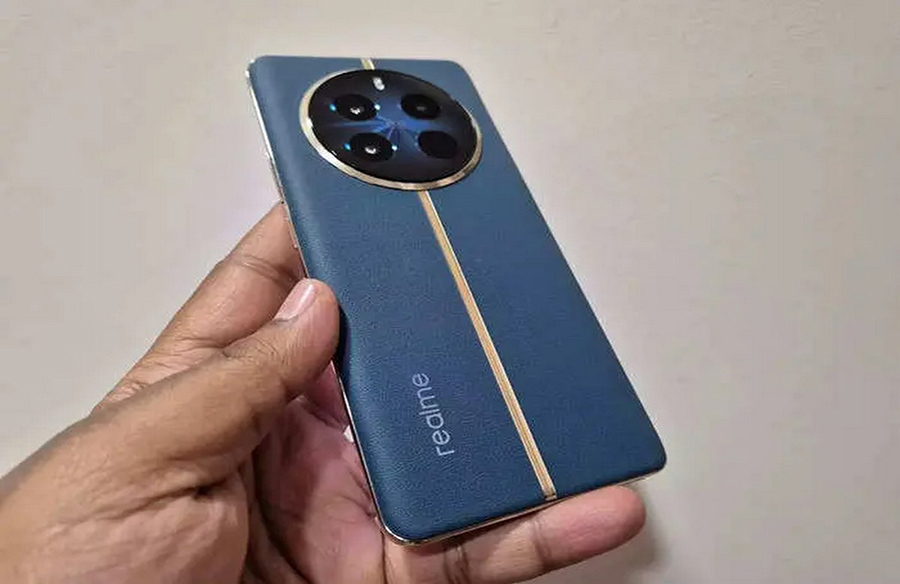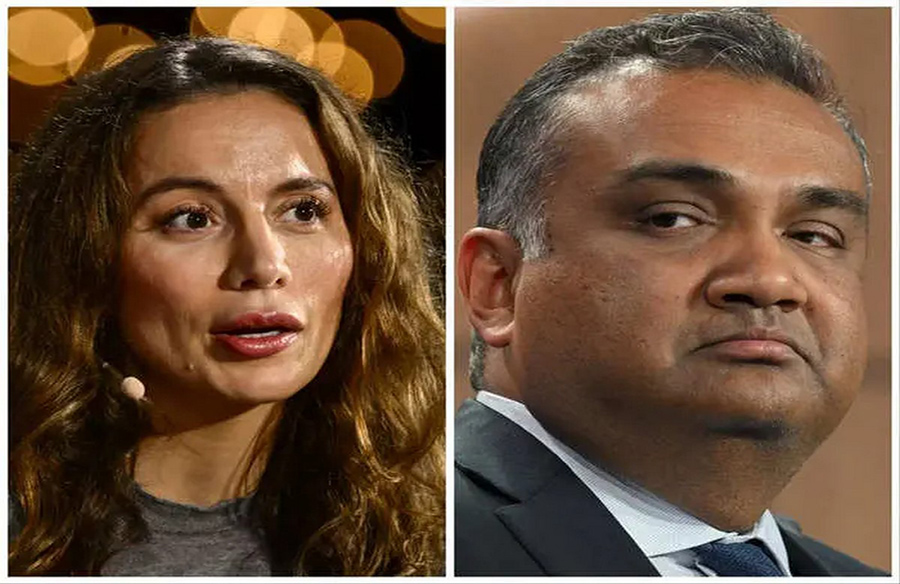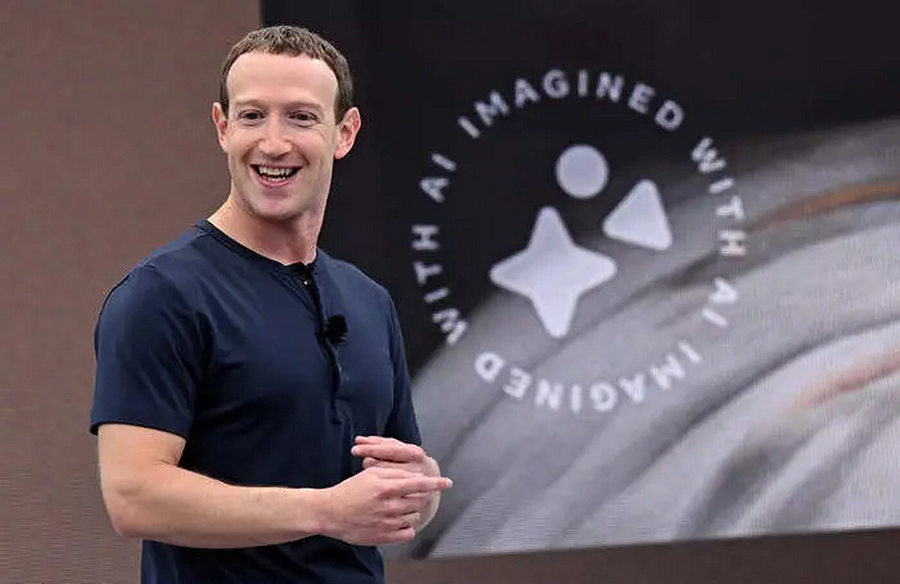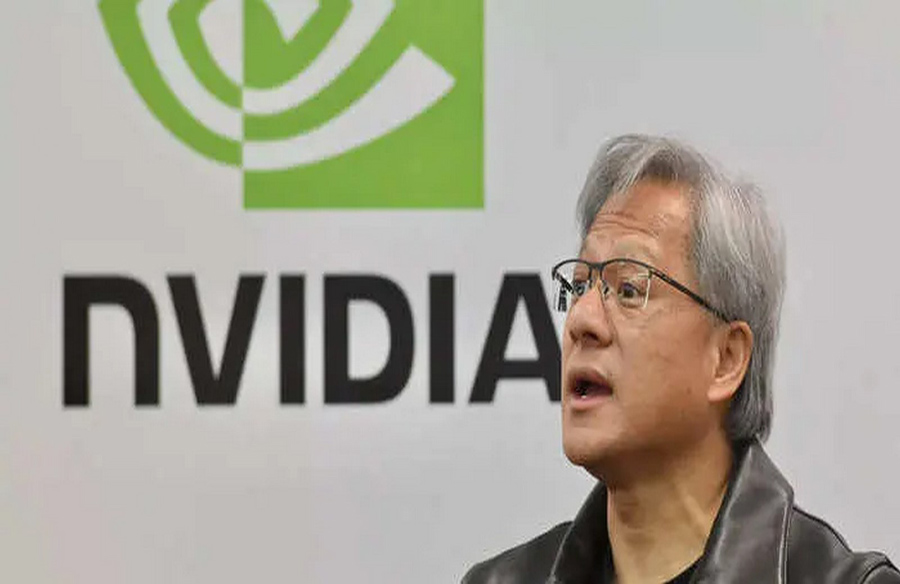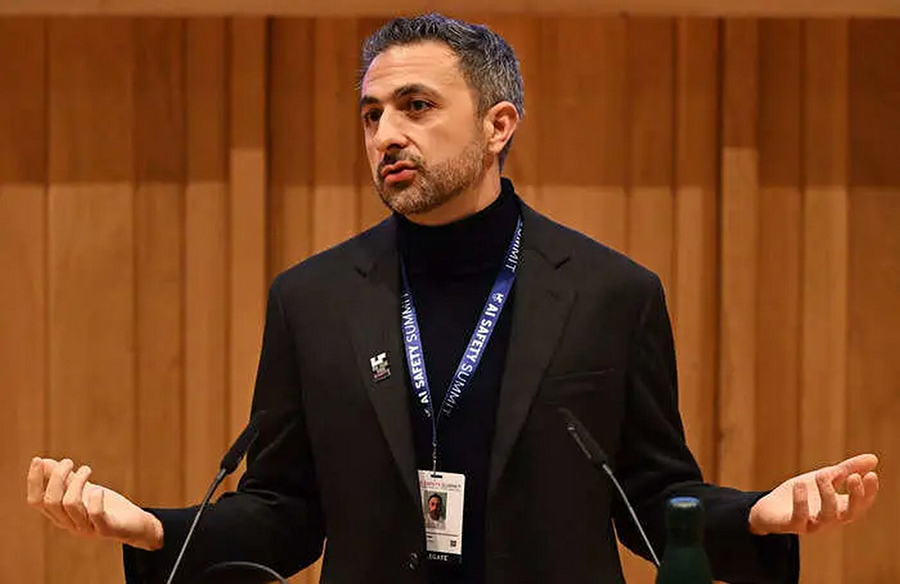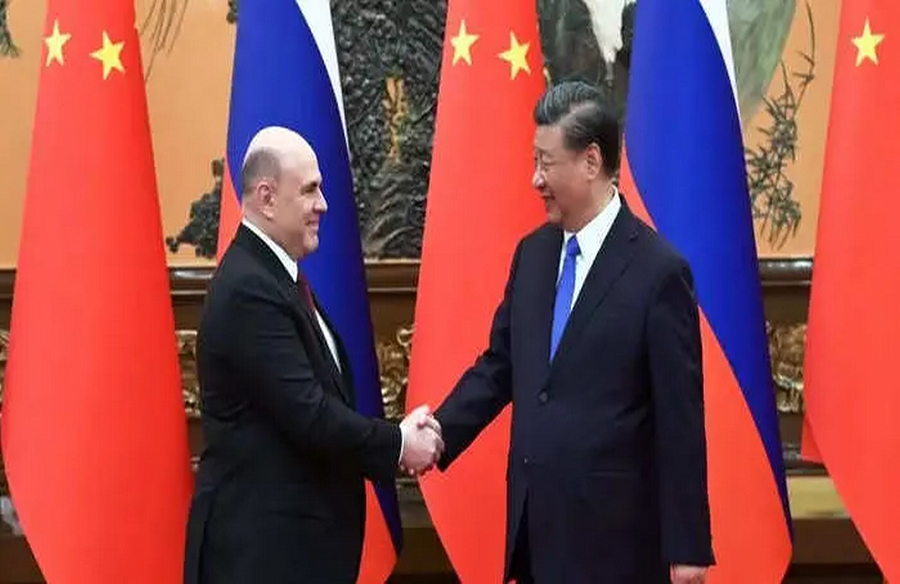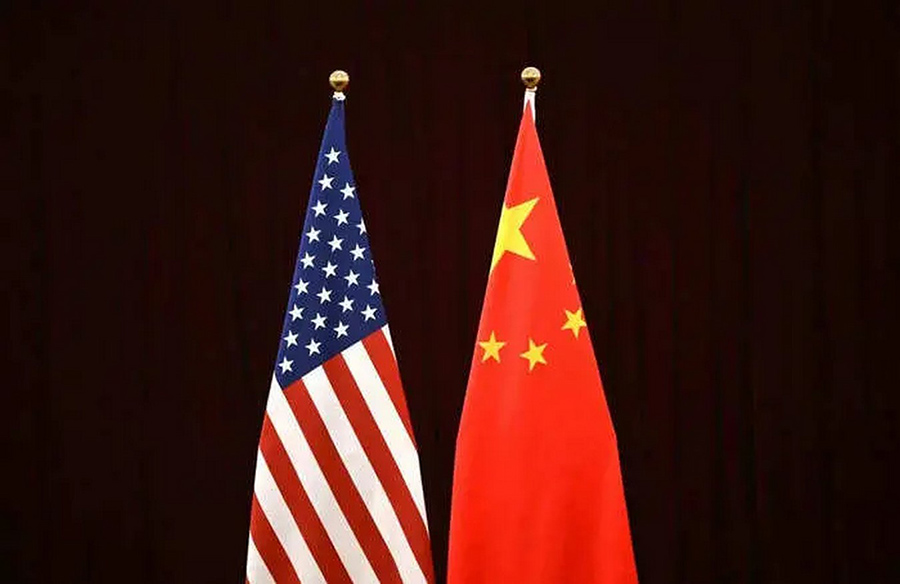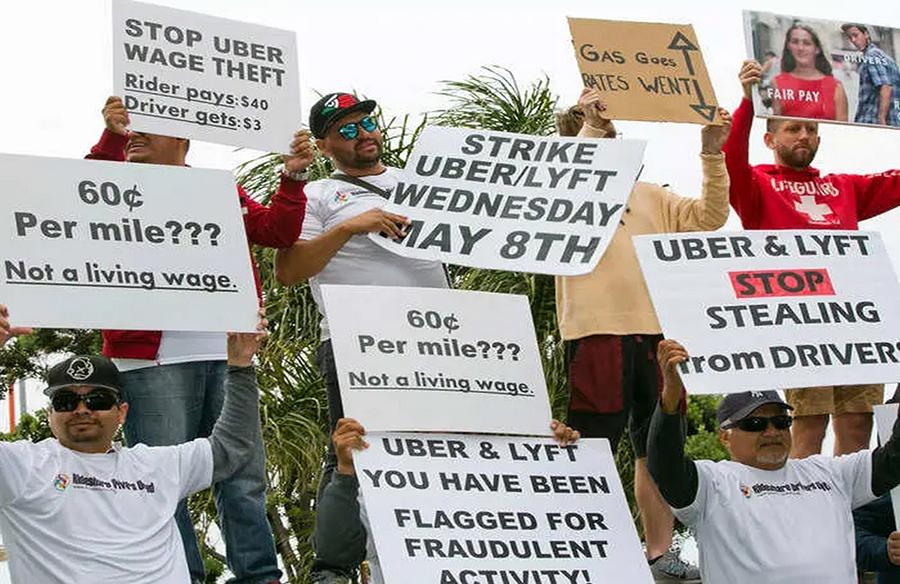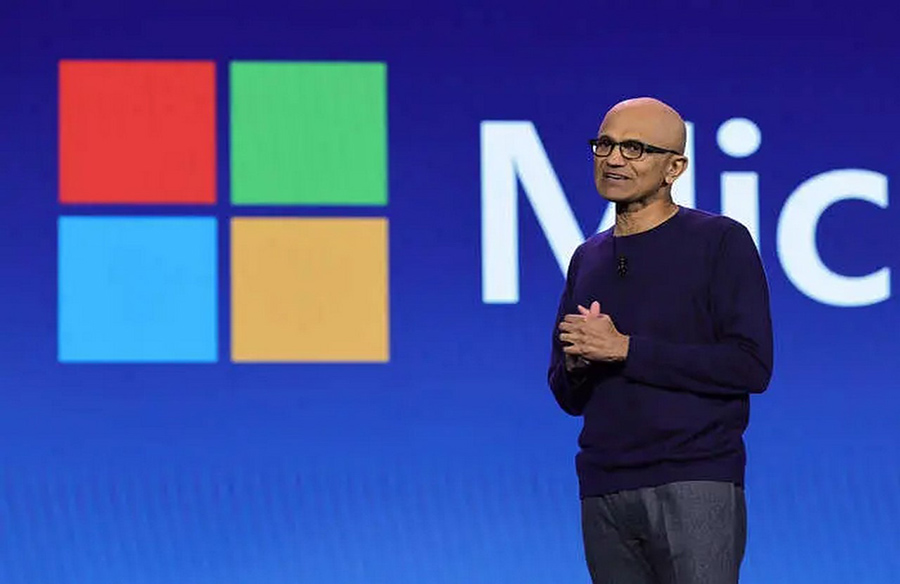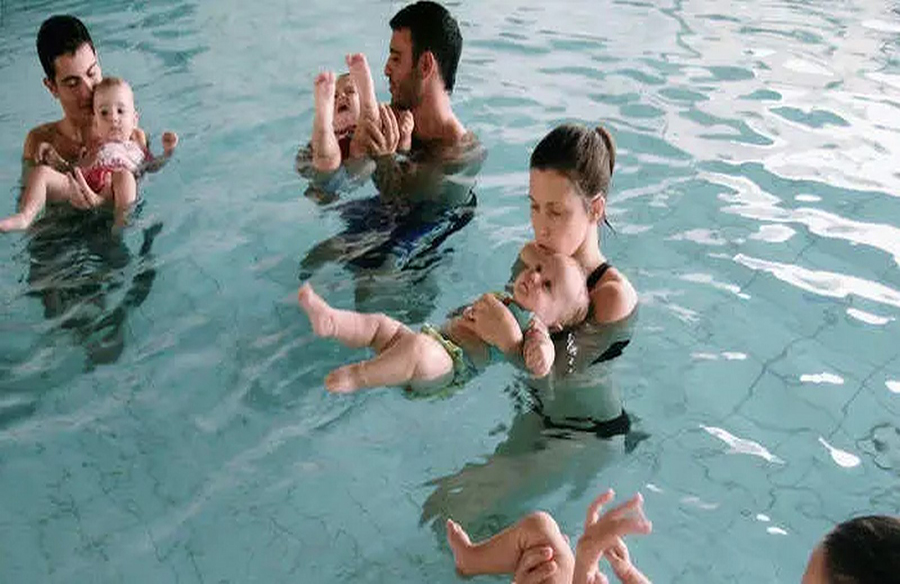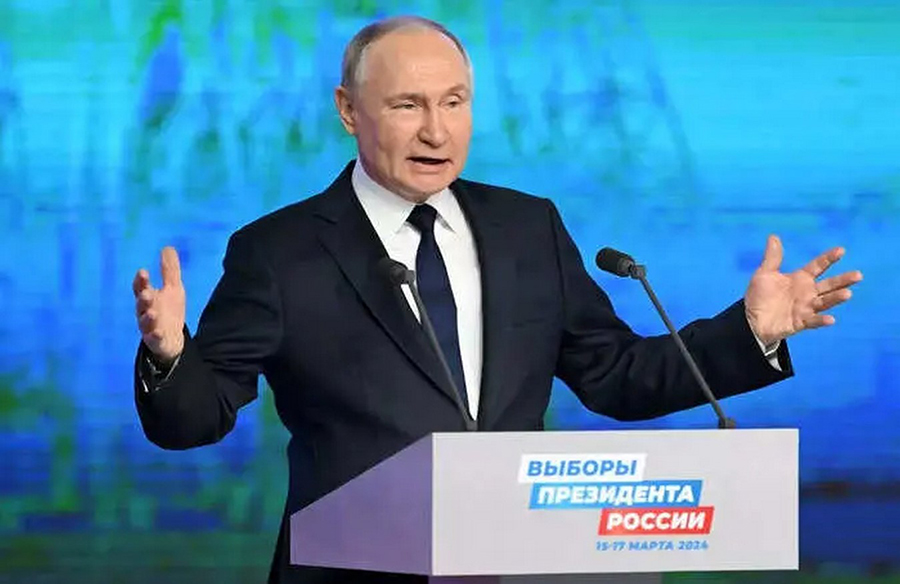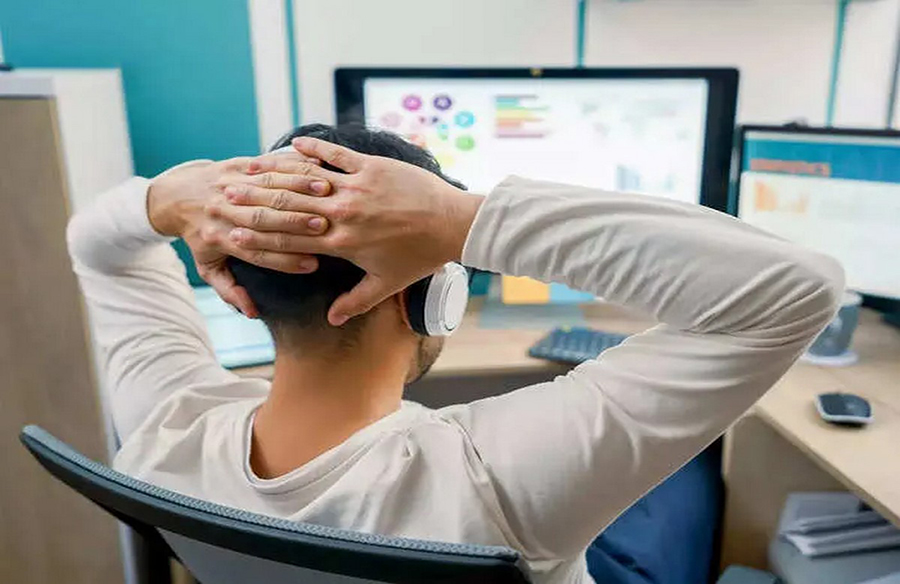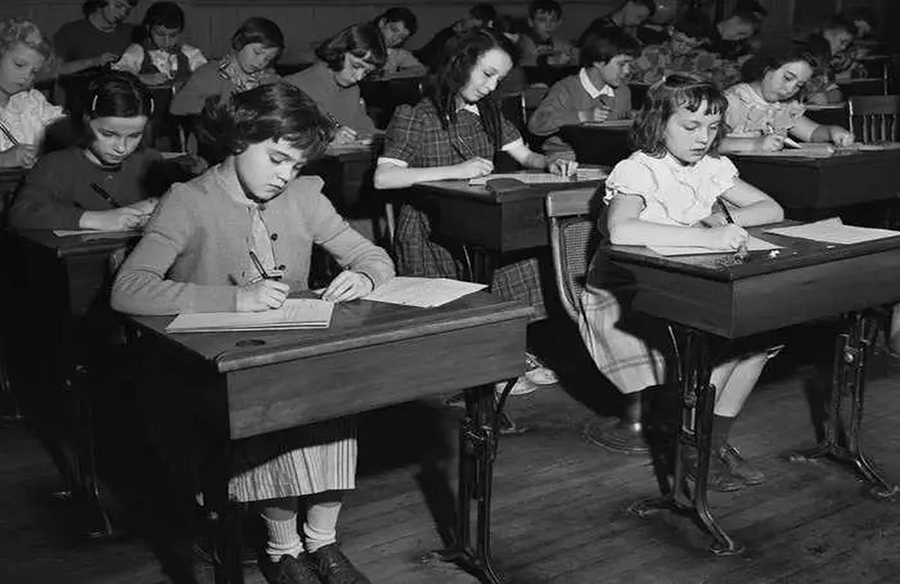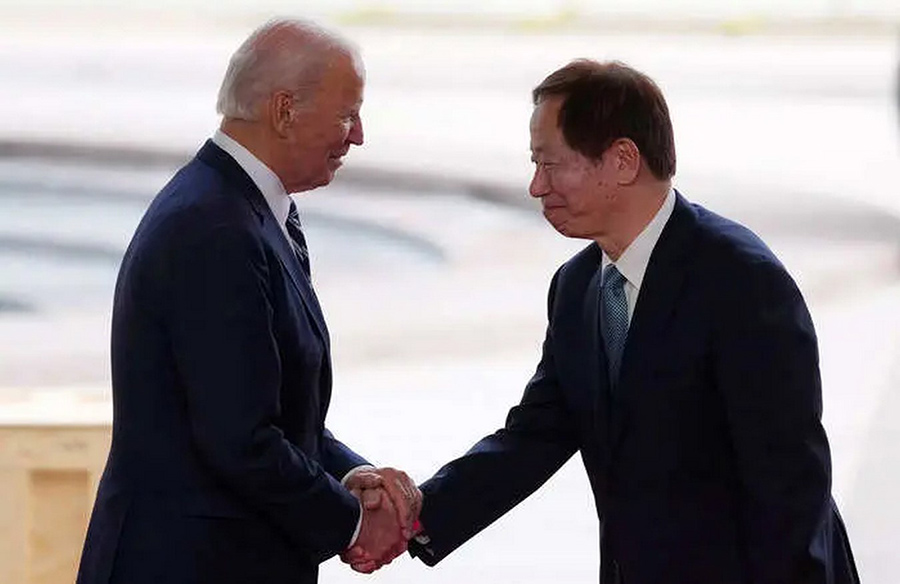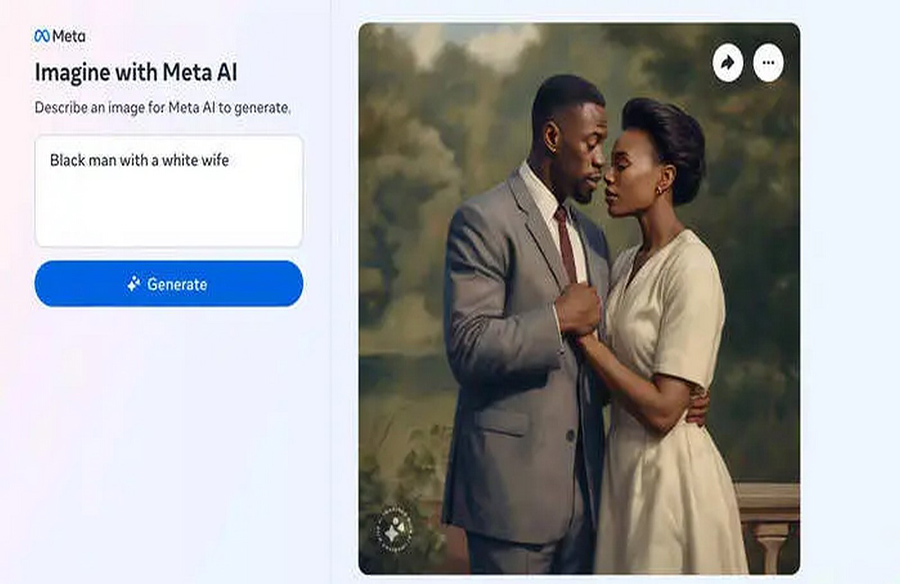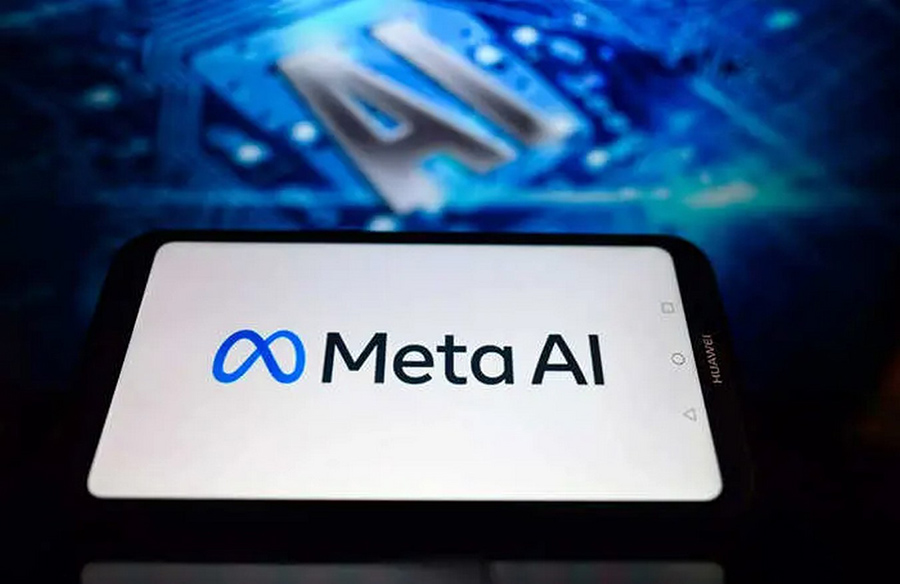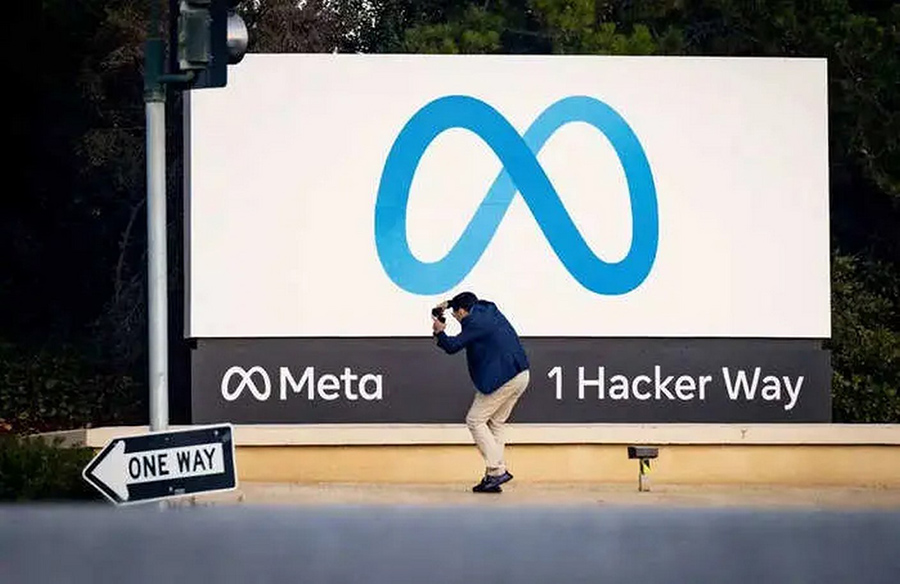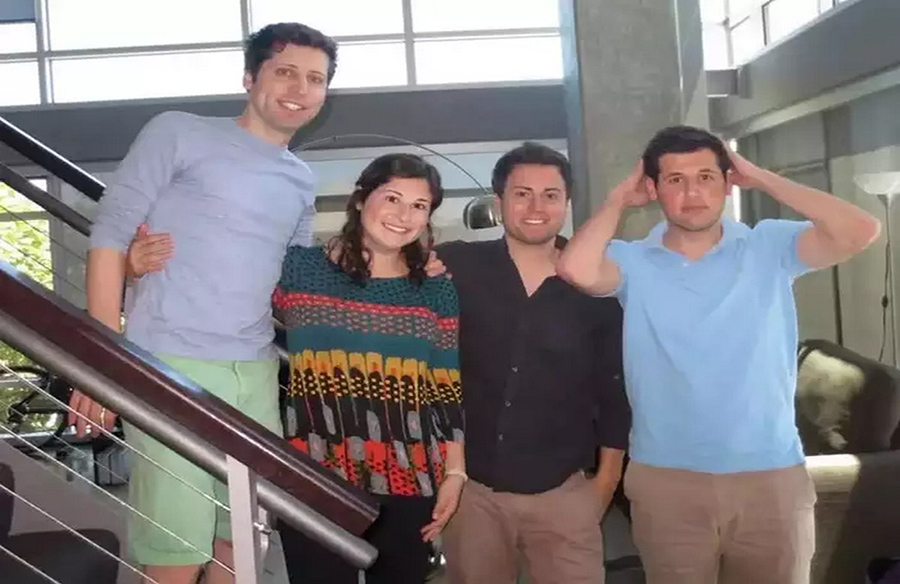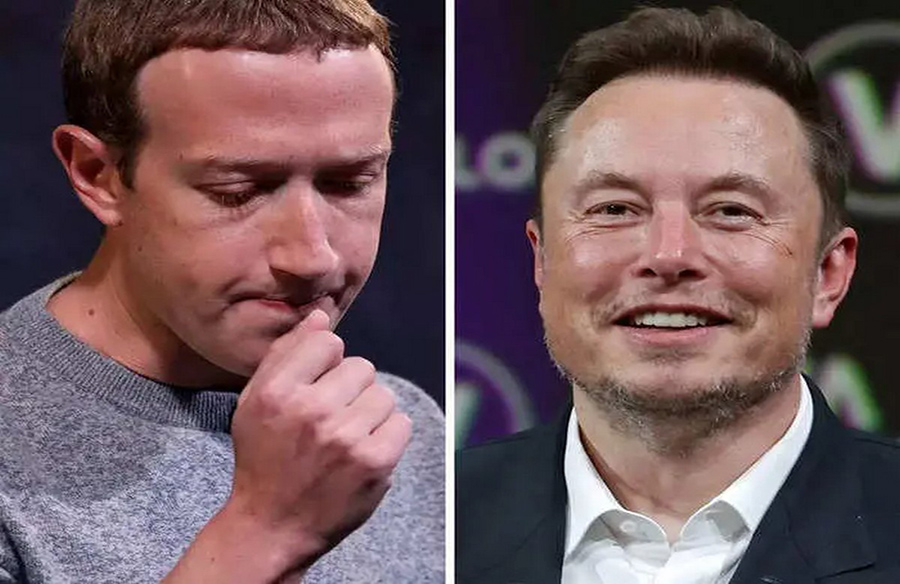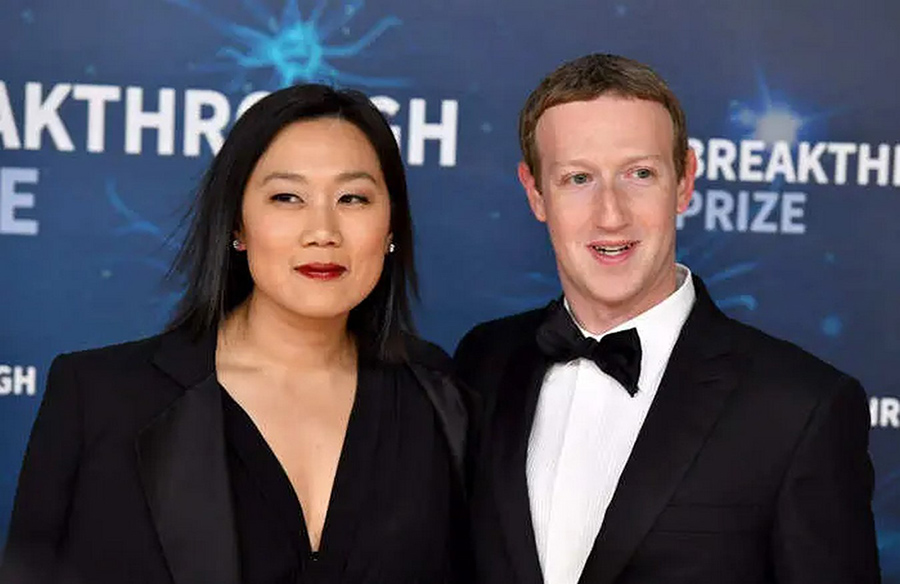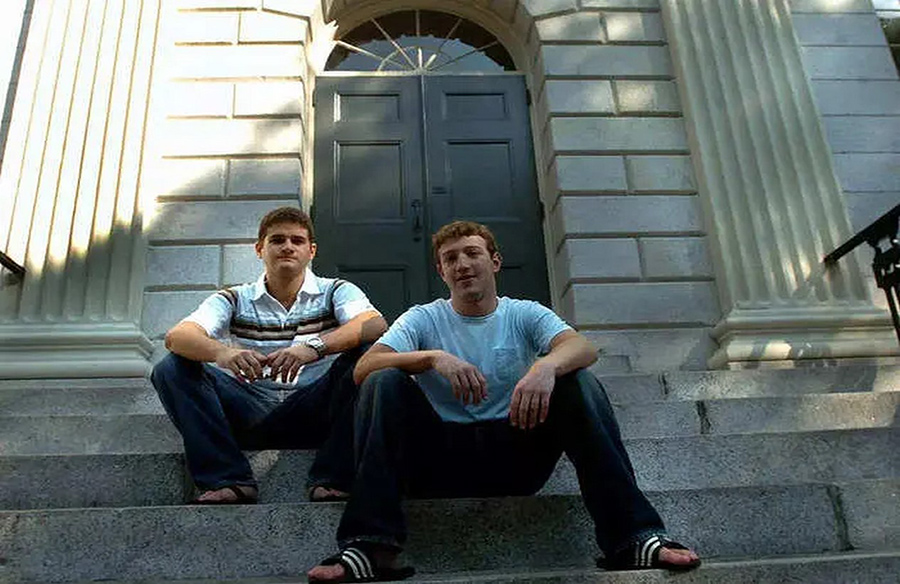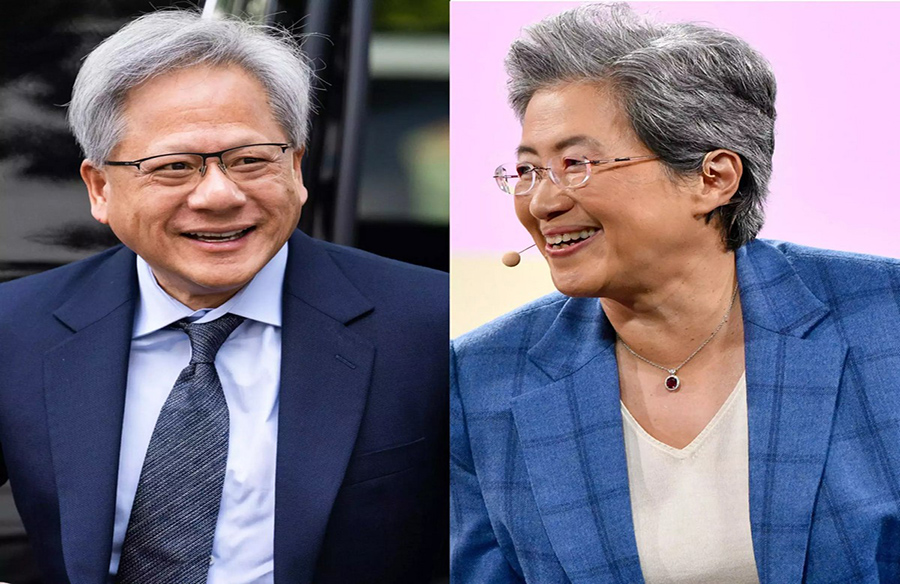YouTube’s Concerns about OpenAI’s Use of Video Content

YouTube’s CEO has raised concerns about OpenAI potentially using YouTube videos to train its AI tools, citing possible violations of the platform’s terms of service.
Uncertainty Regarding Training Data
OpenAI’s chief technology officer, Mira Murati, admitted in an interview with The Wall Street Journal that she was unsure whether OpenAI’s text-to-video generator, Sora, was trained using content from YouTube. This uncertainty has sparked discussions about the source of training data for AI models.
YouTube’s Stance on Terms of Service
YouTube’s CEO, Neal Mohan, emphasized that using YouTube content without authorization would constitute a “clear violation” of the platform’s terms of service. Mohan highlighted creators’ expectations regarding the protection of their work and the importance of abiding by platform rules.
Google’s Use of YouTube Content
Mohan noted that Google, as YouTube’s parent company, does use some YouTube videos to train its AI platform, Gemini. However, this usage is contingent upon creators agreeing to it in their contracts, ensuring compliance with terms and permissions.
Response from YouTube and OpenAI
A YouTube spokesperson confirmed that their terms explicitly prohibit unauthorized scraping or downloading of YouTube content. However, OpenAI did not provide a response to queries regarding its data sourcing practices.
Growing Concerns in the AI Industry
The debate over the use of content for training AI models has gained momentum as the AI industry expands. Artists and creators have been vocal about protecting their copyrighted works and demanding proper permissions for their usage in AI training.
Legal Challenges Faced by OpenAI
OpenAI has faced legal challenges related to data collection practices and copyright infringement. Notable figures like comedian Sarah Silverman and “Game of Thrones” writer George R.R. Martin have raised concerns about their works being used without permission.
Industry Calls for Compensation and Transparency
The AI community, including over 8,000 authors in an open letter, has called for transparency and fair compensation when using copyrighted works for AI training. The discussions highlight the need for ethical considerations and proper agreements in AI development processes.


 English
English 


































































































































































































































































































